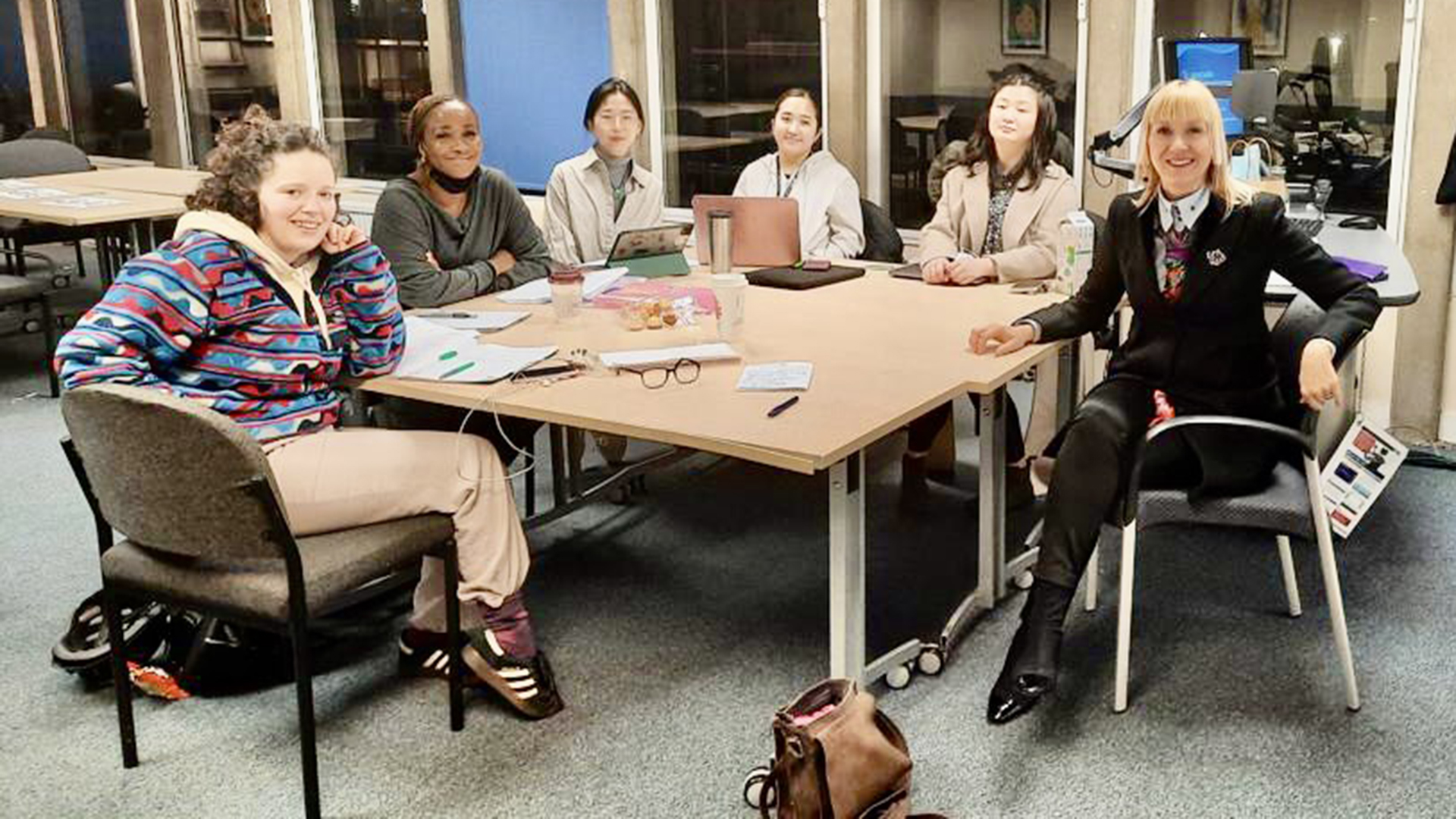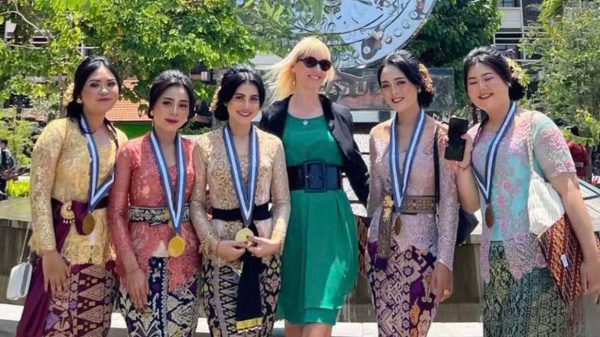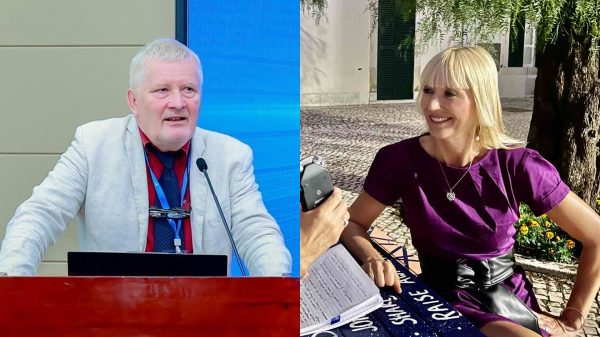
21.02.22
International Mother Tongue Day 2022
By Dina Mehmedbegovic-Smith
‘I speak Yoruba at home, but until recently I thought that ‘bilingual’ applies only to those who speak two European languages.’
(A London teacher of Nigerian origin)
I recently did a lecture for a new MA programme focusing on development of pluriliteracies, with the lovely students in this photo. At the beginning of the lecture I asked each student to share with the group if they considered themselves bilingual and what bilingualism meant to them. One of these students said that she spoke Yoruba at home, but until recently she thought that bilingual applied only to those who used two European languages! This is a student who lives in London and works in education – one of the lead multilingual global cities, according to Global City Index. What she shared with us shows the power of language hierarchies and processes of misrecognition leading to symbolic violence (after Bourdieu) – happening in our schools to children and adults.
On Monday, 21st February we mark the UN International Mother Tongue. Although the efforts of educators to make mother tongues of all children an integral part of their schooling, should not be limited to this date only – it is an excellent annual reminder to review our policy and practice, to reflect on the curriculum, linguistic landscapes of our classrooms and identities of our learners being shaped by them. Do we have learners in our communities who also perceive that bilingualism is recognised only when you speak high-status languages? Do we have learners who claim they only speak English, even though we hear them using a different language in the playground? Do we know of parents who practice English only policy at home, even though they are proficient users of other languages?
I addressed all these issues in my lecture with these students. As we dug deeper, I provided them with insights into how language hierarchies are shaped and what they as educators can do to overcome those. At some point in my lecture the Nigerian student said : ‘These are such important issues we are discovering with you – you are like David Attenborough for endangered languages.’
This was very rewarding to hear, of course, but it was another reminder, how little there is in the public domain about language loss and language death. It is therefore an imperative that all educators, researchers and academics in our field mark the UN Mother Tongue Day and invest continuous efforts into raising awareness on the key role mother tongue plays in the cognitive and emotional development of every child.
I conclude this post by paying respects to the group of young students who gave their lives in front of their university on 21.2.1952. in Bangladesh for what is now a recognised universal right to one’s language, UNESCO Children’s Rights, Article 30.
About the author
https://ecspm.org/wp-content/uploads/2018/12/Rethinking-Language-Education.pdf
Dina’s work on using autobiographical multimedia classroom approaches to develop intercultural competencies has been published and recognised as good practice by the Department of Education, NALDIC (National Association for Language Development in the Curriculum) and the British Council.

